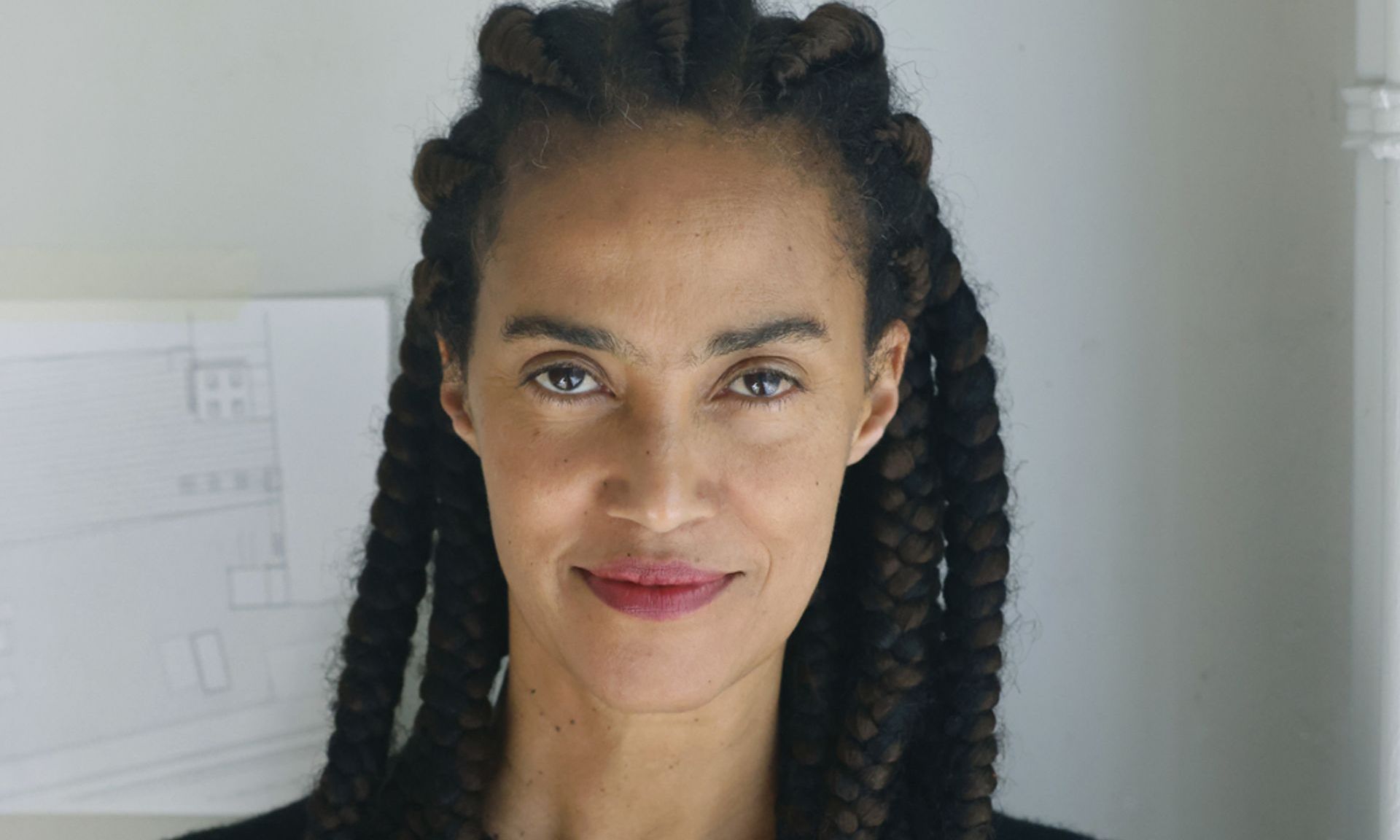Artist Grada Kilomba © Ute Langkafe
The curator of the Portuguese pavilion Bruno Leitão has accused the Portuguese ministry of culture of “explicit violations” of duty.
In a call with The Art Newspaper, Leitão described the jury who oversaw the country’s application to the 59th Venice Biennale, which opens on 23 April 2022, as “scandalous, completely out of touch with reality and dismissive of art”.
In a letter shared with The Art Newspaper, the curator says the application of leading Portuguese artist Grada Kilomba to represent Portugal at the Venice Biennale, the world’s most prestigious biennial, was effectively torpedoed by one jury member, the Porto-based Nuno Crespo, the director of the School of Arts at the Catholic University of Portugal and a well-known Portuguese art critic. Crespo scored Kilomba’s application dramatically below his counterparts on the jury, ensuring the mean score was below other applications. He has appealed the decision.
In remarks given to the artist on appeal and published in the letter, Crespo appears to claim Kilomba’s exploration of colonial legacies and racism in the series The Wound – A Ferida is delegitimated by the presence of other exhibitions by Portuguese artists that explore comparable issues.
The open letter shared feedback Kilomba received from the jury, including the comment from Crespo: “The idea of racism as an open wound has already been the subject of numerous other approaches; so the proposal presented does not allow us to see how, in an exhibition, you can review, criticise or extend this idea—one that has already been discussed and even exhibited in multiple ways.”
Leitão describes this criticism as “shocking, especially in Portugal”.
“In the US, in the UK, there has been a serious attempt to understand colonial legacies through art,” Leitão says. “But in Portugal, the country that transported the most people from Africa to America during the transatlantic slave trade, there’s not a lot of discussion about this at all. Very few artists have made work about this subject. It’s rarely discussed in a national forum. So to say the subject of colonialism or racism cannot be extended in Portugal—it’s shocking. That’s why we felt we needed to do the appeal. This goes beyond me and Grada. I felt we’d be doing a disservice to any artist of African descent if we didn’t appeal.”
Crespo also stated he did not consider “the artistic merit of the artist Grada Kilomba” to be “satisfactory” because “the project does not have the artistic scope that, in my view, the official representation must necessarily possess”. He added that Kilomba’s application “is not committed to the dynamisation and internationalisation of the Portuguese artistic and cultural scene”.
“How can he say that?” Leitão says. “She is Portuguese. It’s a criticism that makes no sense. Grada Kilomba might be one of the leading Portuguese artists of the moment. She is certainly one of the most internationally acclaimed. Her work has been shown at the Sao Paulo and Berlin Biennales and major insitutions worldwide and her work is at the moment the signature image at the Palais de Tokyo this season."
Leitão has appealed the decision, noting that, in typical jury processes, no single member can determine a decision, and results are reached via a consensus approach. “The result does not reflect the appreciation of the majority of the members of the jury on the quality of our application, nor even the relevance of the artistic proposal and, in particular, of the artist and team involved,” the letter reads.
Crespo and the Portuguese ministry of culture could not be reached for comment at the time of publication.
Portugal is not the only country whose Venice pavilion selection process has come under scrutiny. Arts Council Korea announced it would form a new selection committee to pick the curator for the South Korean pavilion after members of the previous committee resigned en masse over conflict of interest allegations.

